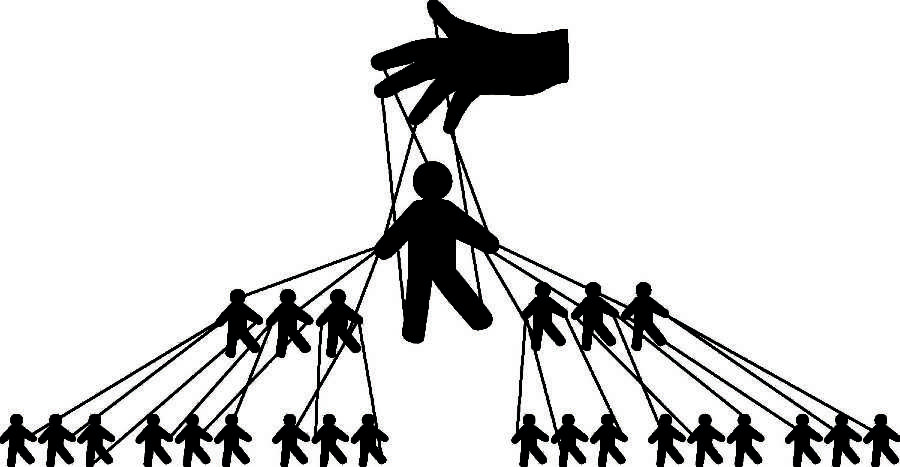Bahr: psychology explains conspiracy theory popularity, dangers
conspiracy theory
April 15, 2019
Conspiracy theories are one of the most fun thought exercises that one can engage with today. There is nothing better than stumbling onto a Youtube video at midnight and getting trapped in a rabbit hole until you think the government is trying to cover up aliens or that Australia doesn’t exist, or any number of other wacky theories that get you thinking.
For some reason, these conspiracy theories excite us and can gain large followings in a short amount of time. But what is it about conspiracy theories that make them so fun, and are they good for society?
There are quite a few psychological reasons why conspiracy theories are so popular. For one, humans seek pattern and control in their life. So when tragedies such as 9/11 or the assassination of JFK happened, brains come up with alternate versions of the events to explain away the seemingly spontaneous, agenda-less acts. It makes our minds feel better to think that these events were a mastermind’s plot because it puts some sort of order into the world so that we don’t have to deal with the chaotic and dangerous reality that we live in.
People who believe deeply in conspiracy theories may use them as a way to feel not only in control, but also powerful and intellectual. I have seen many conspiracy theorists dismiss evidence contrary to their belief on account of the people reciting these facts being “sheep.” They feel as though they are above the common people because they have apparently risen above being controlled and lied to.
Some conspiracy theories have real basis. Edward Snowden revealed that the NSA was really spying on Americans through their phones. MK Ultra turned out to be a real program by the government to test hallucinogens on humans for their use of mind control. During the 1960s, the Dalai Lama worked for the CIA, and was even paid 1.7 million dollars.
As you can see, sometimes it is necessary to have conspiracy theories, because they turn out to be true and the perpetrator should face consequences.
However, these theories were within the realm of possibility, unlike the most famous conspiracy theories that are circulated widely today, such as the flat earth, Roswell and even one theory that believes the moon doesn’t exist.
Conspiracy theories are dangerous. An article in Psychology today about conspiracy theories shows that a belief in one or many conspiracy theories will make one devalue all scientific knowledge. This becomes dangerous when talking about vaccines, global warming or other health concerns whose research has been devalued due to theorists claiming they are fake.
Yes, conspiracy theories are fun. I think it is good to be skeptical of the things around you, but there comes a time when skepticism turns into ignoring evidence, which is when things begin to go off the deep end. This can be dangerous and harmful to society as a whole.

















